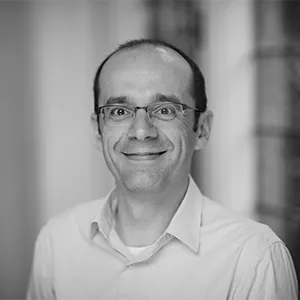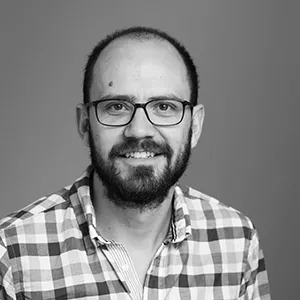Access to healthy living for women in low-income households in peripheral neighbourhoods in the Medellin metropolitan area, Colombia
Overview
This project studies accessibility to healthy living among low-income women in Itagüí, a municipality in the Medellin metropolitan area (Colombia). Under a strongly collaborative framework we incorporate environmental, spatial, and temporal variables to develop a space-time accessibility model of healthy living during and after the COVID-19 social distancing measures. We deploy a mixed-methods approach in which we combine qualitative storytelling from women's testimonies on access to healthcare and food, with quantitative geolocation, physical activity, and air pollution exposure data, to identify how they access healthy living in their everyday life and how this is affected by the COVID-19 pandemic. We work with strong network of collaborators including a group of 40 local women, people working in three levels of government (local, metropolitan and national), and Colombian academics which allows us to produce research with the potential to generate significant societal impacts. The project will communicate its findings with different audiences through art exhibitions, online technical tools, academic papers, and briefs.





Outputs
Plan de Desarrollo: Salud (parte 2) (In Spanish)
Plan de Desarrollo: Salud (parte 2) (In Spanish)
Plan de Desarrollo: Movilidad sostenible (Parte 2) (In Spanish)
Plan de Desarrollo: Ambiente (In Spanish)
Further Information
For more information on this research project please contact Dr Juan Pablo Orjuela or visit the project website.
In brief
Duration
2019 - 2020
Funder
PEAK-programme funded by GCRF
Partners
Local universities (EAFIT, Universidad Nacional); Local governmental officials (Itagüí Mayor's office, Environmental authorities in the metropolitan area and in Colombia); Dimú (group of 37 women in Itagüí)
Principal Investigator
Researchers
Contact
Website



